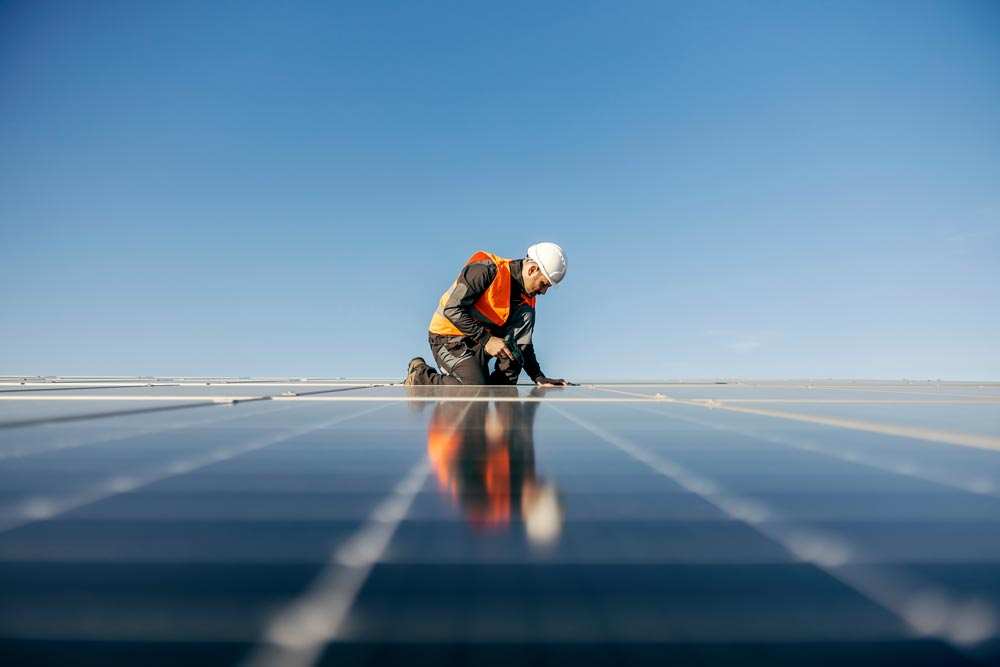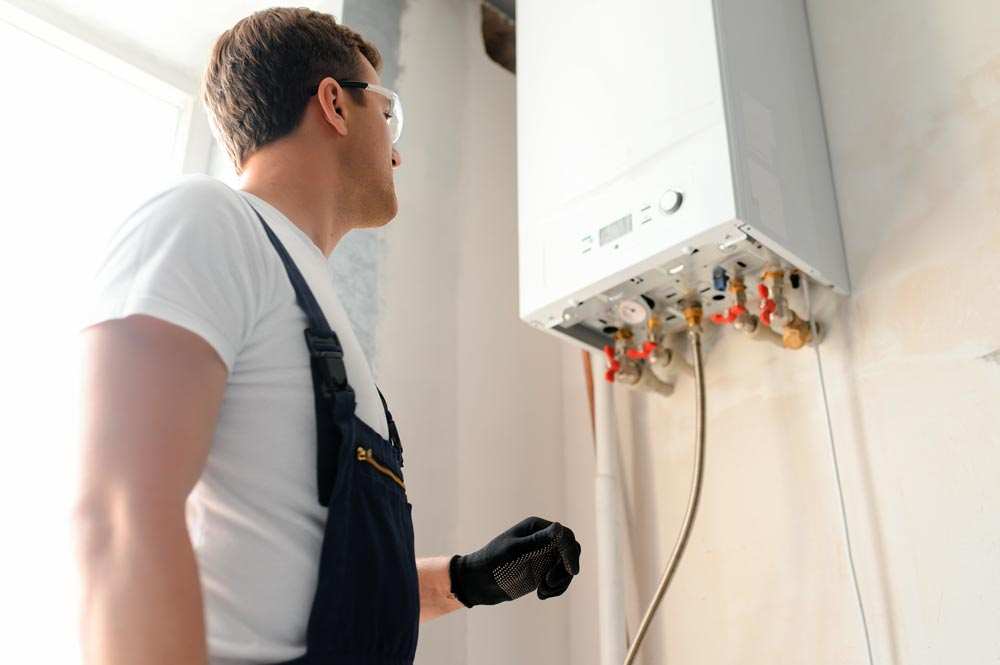In recent years, the quest for sustainable energy solutions has gained significant traction as concerns about environmental impact and energy costs continue to grow. Amidst this shift towards greener living, solar power has emerged as a frontrunner, offering a clean and renewable energy source with vast potential. While solar panels are commonly associated with electricity generation, their application in home heating is a promising avenue that deserves attention. In this blog post, we’ll explore the benefits of harnessing solar power for heating your home, focusing on the installation and advantages of solar panels for heating purposes.
The Rise of Solar Power
Solar power has experienced a remarkable rise in popularity and accessibility in recent years, driven by advancements in technology, declining costs, and increasing environmental awareness. The concept is elegantly simple: sunlight is captured by photovoltaic (PV) cells within solar panels, which convert it into electricity that can be used to power homes and businesses. Beyond electricity generation, solar energy holds immense potential for heating applications, offering an efficient and sustainable alternative to traditional heating systems.
Understanding Solar Heating Systems
Solar heating systems utilize solar thermal collectors to absorb sunlight and convert it into heat energy, which can then be used to heat water or air for residential or commercial purposes. These systems typically consist of solar panels, a heat transfer fluid (such as water or antifreeze), a heat exchanger, and a storage tank. There are two main types of solar heating systems: solar water heating systems and solar air heating systems.
Solar Water Heating Systems
Solar water heating systems, also known as solar thermal systems, are designed to heat water for domestic use, including bathing, washing, and space heating. These systems typically feature flat-plate or evacuated tube collectors mounted on rooftops or other suitable locations to capture sunlight. The collected heat is transferred to water circulating through the collectors via a heat exchanger, and the heated water is then stored in an insulated tank for later use. Solar water heating systems can significantly reduce energy costs associated with water heating and are particularly effective in sunny climates.
Solar Air Heating Systems
Solar air heating systems harness solar energy to heat air directly, which can then be circulated through a building’s ventilation system to provide space heating. These systems often utilize transpired solar collectors, which consist of perforated metal panels mounted on south-facing walls or roofs. As sunlight passes through the perforations, the metal panels absorb heat, warming the air that passes behind them. The heated air is then drawn into the building’s HVAC system, where it can be distributed to various rooms. Solar air heating systems offer a cost-effective way to supplement traditional heating methods and reduce reliance on fossil fuels.
Benefits of Solar Heating
Harnessing solar power for heating offers a multitude of benefits, both for homeowners and the environment. Let’s delve into some of the key advantages:
1. Renewable and Sustainable
Solar energy is a renewable resource, meaning it is continuously replenished by the sun’s rays. Unlike finite fossil fuels such as coal, oil, and natural gas, solar power offers an inexhaustible source of energy that can be harnessed indefinitely without depleting natural resources or contributing to greenhouse gas emissions.
2. Reduced Energy Bills
By utilizing solar heating systems to supplement or replace traditional heating methods, homeowners can significantly reduce their energy bills over the long term. Solar energy is free and abundant, meaning once the initial investment in solar panels and heating equipment is recouped, the ongoing cost of heating becomes virtually negligible.
3. Lower Environmental Impact
Solar heating systems produce clean, renewable energy without emitting harmful pollutants or greenhouse gases. By reducing reliance on fossil fuels for heating, homeowners can lower their carbon footprint and contribute to mitigating climate change. Additionally, solar energy helps conserve finite resources and protect ecosystems from the environmental degradation associated with fossil fuel extraction and combustion.
4. Energy Independence
Generating heat from solar power provides homeowners with a degree of energy independence and resilience against fluctuating energy prices and supply disruptions. By producing their own renewable energy onsite, homeowners can reduce their reliance on centralized energy grids and insulate themselves from the volatility of global energy markets.
5. Long-Term Savings
While the initial cost of installing solar heating systems may be higher than traditional heating systems, the long-term savings can be substantial. Solar panels have a lifespan of 25 years or more and require minimal maintenance, resulting in lower operating costs and higher returns on investment over time.
6. Government Incentives
Many governments offer incentives, rebates, and tax credits to encourage the adoption of solar energy systems. These incentives can help offset the upfront costs of solar panel installation and make solar heating systems more affordable for homeowners. By taking advantage of these incentives, homeowners can maximize their savings and accelerate the payback period for their investment in solar heating.
Conclusion
As we strive towards a more sustainable future, the adoption of solar heating systems presents a compelling opportunity to reduce energy consumption, lower carbon emissions, and enhance energy security. By harnessing the power of the sun to heat our homes, we can enjoy significant cost savings, environmental benefits, and increased energy independence. Whether through solar water heating systems or solar air heating systems, the potential for solar energy to revolutionize home heating is undeniable. As technology continues to advance and costs continue to decline, solar heating is poised to play an increasingly prominent role in shaping the way we heat our homes for generations to come.





